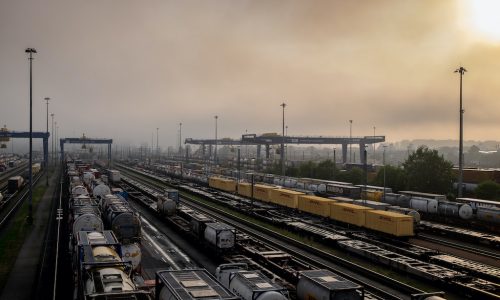Transition to the new Customs Declaration Service (CDS), originally scheduled for the start of 2021, will now be delayed.
Agency Sector Management (ASM) has welcomed HM Revenue and Customs (HMRC)’s decision to extend the cut-off date for its online Customs Handling of Import and Export Freight (CHIEF) system beyond September 2020, a deadline dubbed unrealistic by the UK’s freight forwarding community.
Transition to the new Customs Declaration Service (CDS), originally scheduled for the start of 2021, will now be delayed.
Peter MacSwiney, ASM Chairman, has lead discussions with HMRC to push for the new timeline to help forwarders under pressure from supply chain disruption in the wake of both Brexit and the Covid-19 pandemic.
“We understand that CHIEF will continue to operate beyond September 2020 for a significant period,” said MacSwiney.
“During this extended transition, both CHIEF and CDS will accept declarations, and traders will continue to migrate to the new service, as and when systems and operations allow.
“ASM continues to engage with HMRC at all levels, as well as with other stakeholders, to ensure a successful transition.”
ASM has been developing functionality for CDS in its Sequoia Customs Clearance software for over 18 months, with developments touching almost every part of its platform.
“The predicted huge increase in declarations as a result of our exit from the European Union has already resulted in many discussions with ASM customers about automation and integration with Sequoia, in order to increase efficiency,” said MacSwiney.
“ASM and most other Customs software providers have a dependency on Community System Providers (CSPs) to provide inventory management and they also indicated that they would not be able to meet the deadline.
“The Covid-19 pandemic has added further challenges.
“September 2020 was always seen as an extremely challenging deadline and the extra time this extension has provided is welcomed.”
ASM is an independent company and its one-stop-shop Sequoia Customs Clearance software is used across the international freight supply chain.

